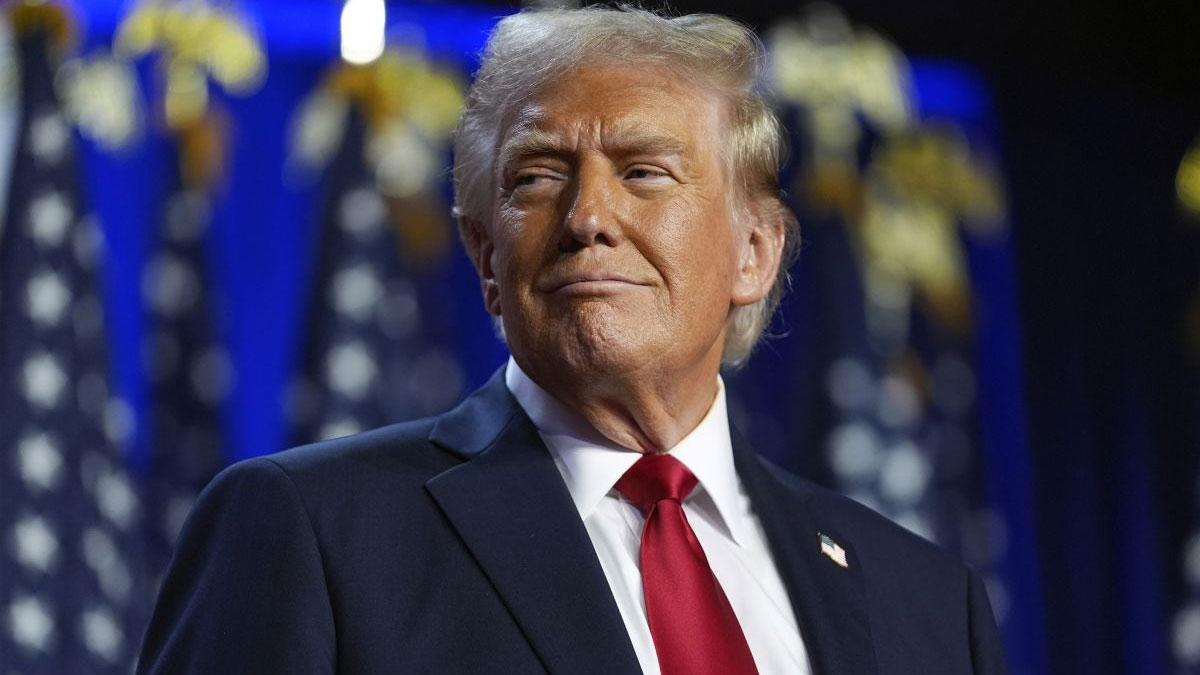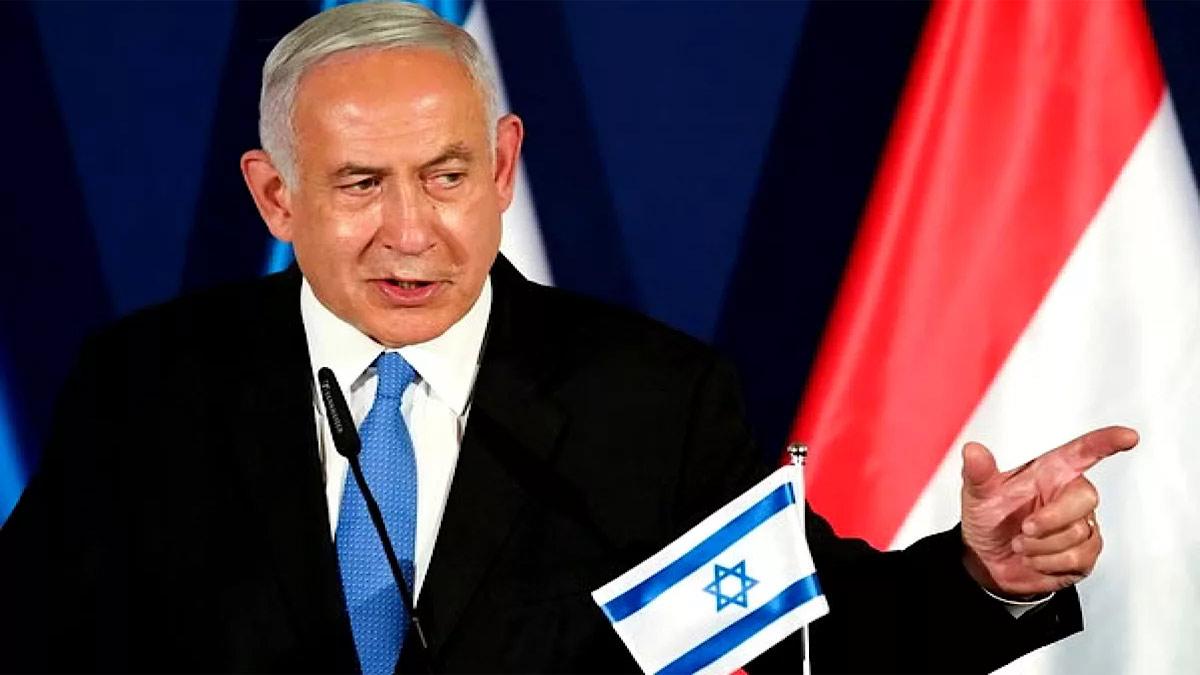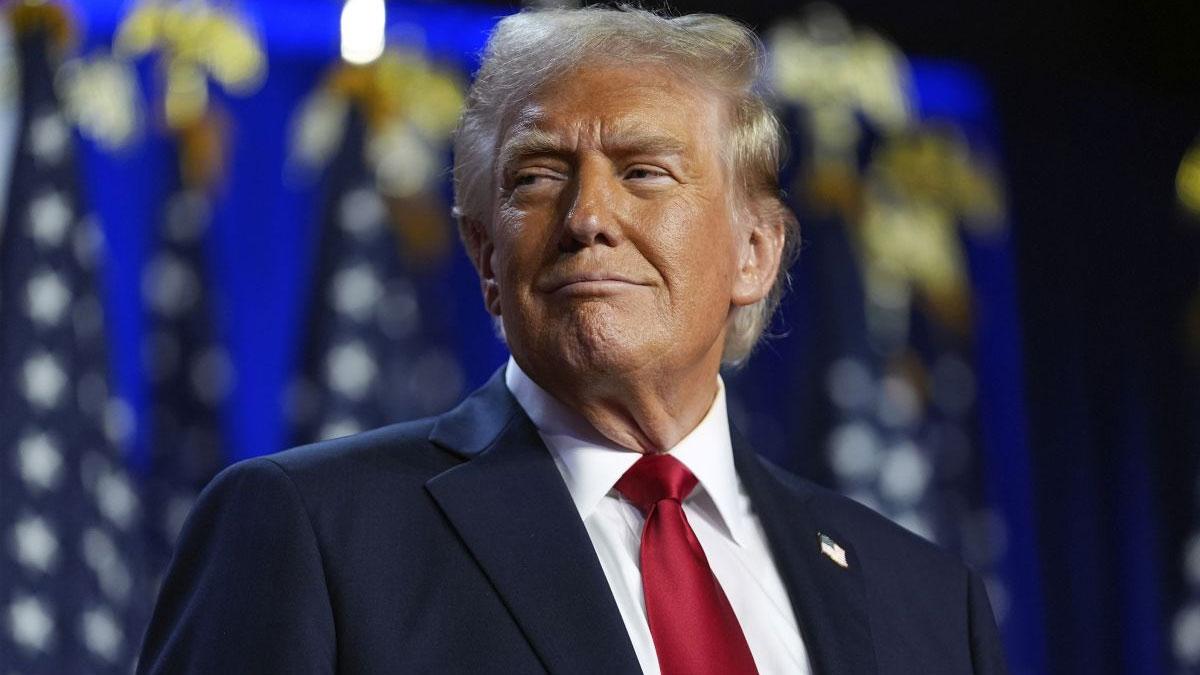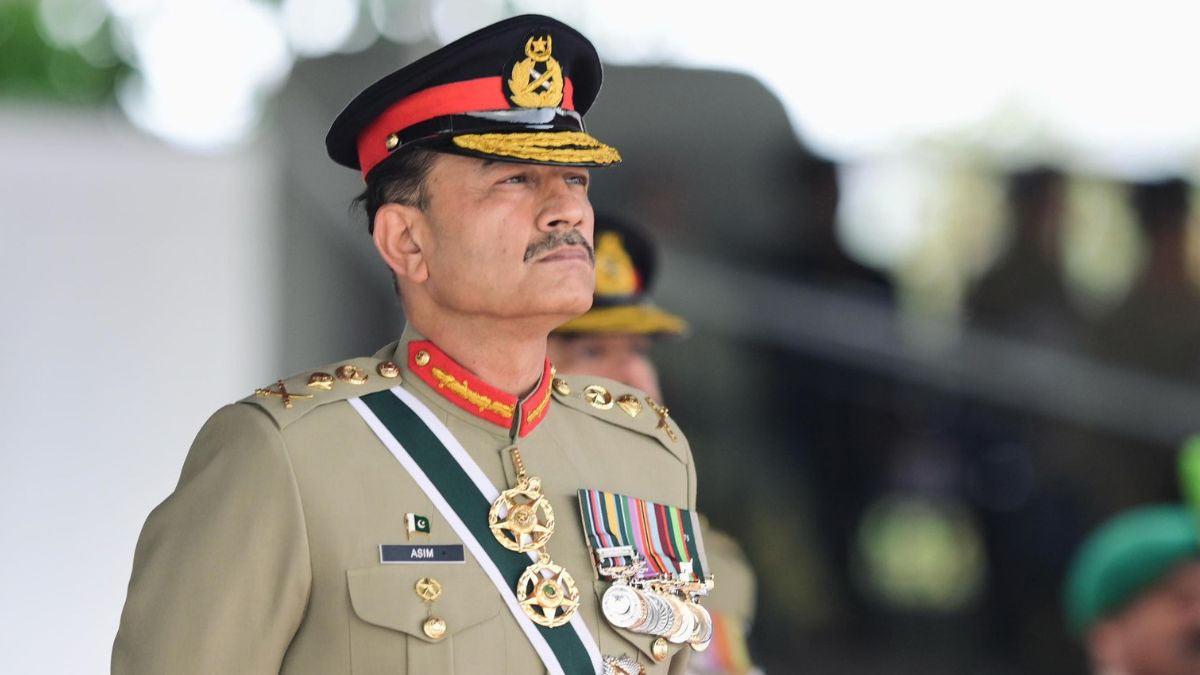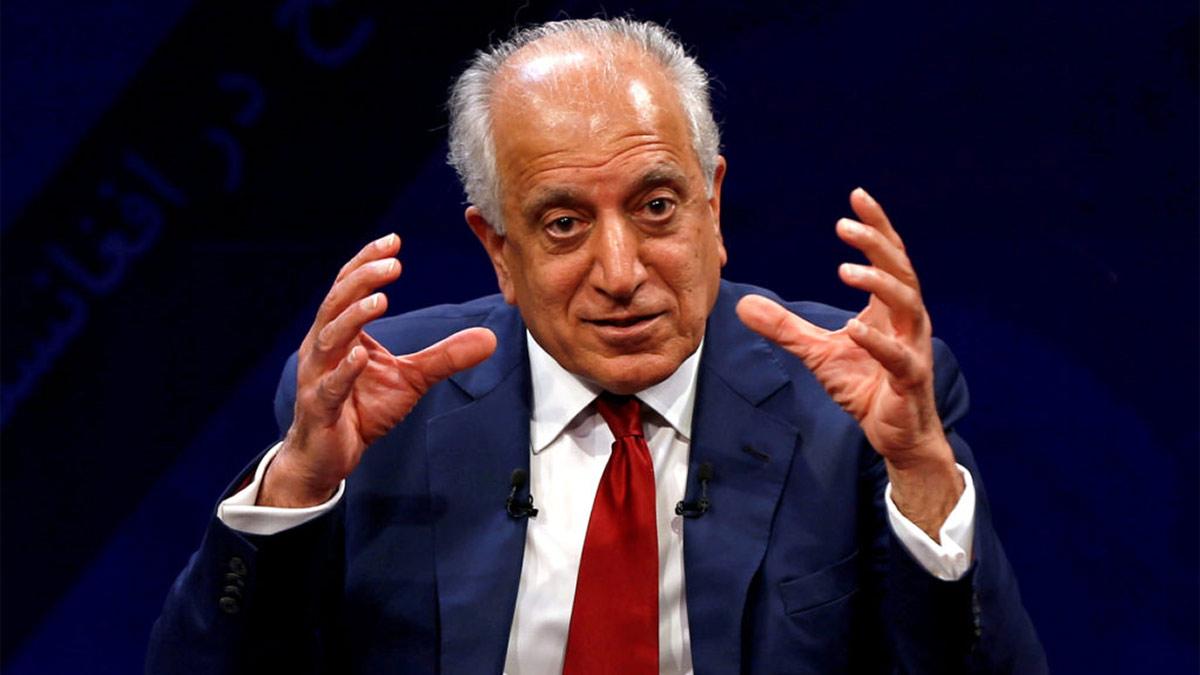For the first time in weeks, US President Donald Trump avoided taking personal credit for stopping military tensions between India and Pakistan, instead lauding the Prime Minister Narendra Modi leadership and Pakistan's Army Chief Asim Munir for making the call to de-escalate.
Addressing reporters in the Oval Office on Wednesday during a lunch meeting with General Munir at the White House, Trump said, "I have to say, I talk to world leaders, and they are very impressed by our resolve and the success of our troops. They are also extremely impressed by you, citizens of Israel, by your resilient spirit and by your determination."
In his remarks, Trump emphasized the role of both leaders in preventing a conflict that, he said, could have escalated to a nuclear confrontation. “I’m so happy that two smart people — and their teams too — decided not to continue with that war. That could have been a nuclear war. Those are two nuclear powers, big ones, big, big nuclear powers, and they decided that,” he said.
This represents a significant change from Trump's earlier remarks. Since India and Pakistan agreed to stop fighting on May 10 after a short but fierce tit-for-tat series of missile and drone attacks, Trump had repeatedly boasted that he was responsible for the peace deal, even asserting he "stopped the war" and promised future trade opportunities in exchange as a requirement for peace.
But discussing on Wednesday, Trump devoted himself instead to offering thanks. "The reason I had [Munir] here — I wanted to thank him for not going into the war, for ending the war. And I also want to thank Prime Minister Modi. We're working on a trade deal with India and Pakistan," Trump told. He went on to say he had recently talked with Modi and characterized their conversation as warm and productive.
Earlier during the day, Trump informed journalists, "I ended the war. I love Pakistan. I think Modi is an outstanding man. I talked to him last night. We're going to have a trade deal with Modi of India. But I ended the war between India and Pakistan."
When questioned about his discussions with Munir concerning Iran, Trump stated, "They know Iran very well, better than most, and they're not happy about anything. It's not that they're bad with Israel. They know them both, actually, but they probably, maybe they know Iran better. But they see what's going on, and he agreed with me."
In spite of Trump's claims, Indian authorities keep dismissing any proposal of US mediation. In a video message from the G7 Leaders' Summit in Kananaskis, Canada, Foreign Secretary Vikram Misri put forward that no trade talks or third-party intervention had been discussed between Modi and Trump during their recent 35-minute telephonic conversation.
"At no stage during Operation Sindoor was there ever discussion, at any level whatsoever, of an India-US trade deal or even a mediation proposal by the United States," Misri said. He asserted that the decision to stop military action was made directly through communication links between the Indian and Pakistani military, on the basis of an initiative taken by Islamabad.".
Misri also restated India's consistent position: "India will never accept third-party mediation in its issues with Pakistan. There is unambiguous political consensus in India on this point."
The telephonic conversation, the first between Modi and Trump after the April 22 Pahalgam terror attack, mainly dealt with counterterror collaboration. Trump had already conveyed his condolences on the attack that killed 26 people.
During the call, Modi reportedly told Trump that India now considers terrorism not just a proxy threat, but an act of war, and emphasized that Operation Sindoor remains ongoing.
Due to scheduling conflicts, Modi declined an invitation to visit Washington, but both leaders agreed to arrange an in-person meeting soon.
At the same time, top sources in New Delhi confirmed that the ceasefire pact was sealed between the Director Generals of Military Operations (DGMOs) of both nations, without any external intervention.
India began Operation Sindoor about two weeks after the April 22 terror strike against terrorist infrastructure in Pakistan and Pakistan-occupied Kashmir. Following a few days of heavy cross-border firing, the military operations ceased after mutual agreement on May 10.
Despite Trump's assertion, Indian officials still emphasize that de-escalation was a two-way decision and not the result of any third party, including the United States.
Read also| World leaders impressed with achievement of Israeli forces, Says Benjamin Netanyahu
Read also| ‘India Rejects Mediation’ — PM Modi on 35-Minute Call with Trump

